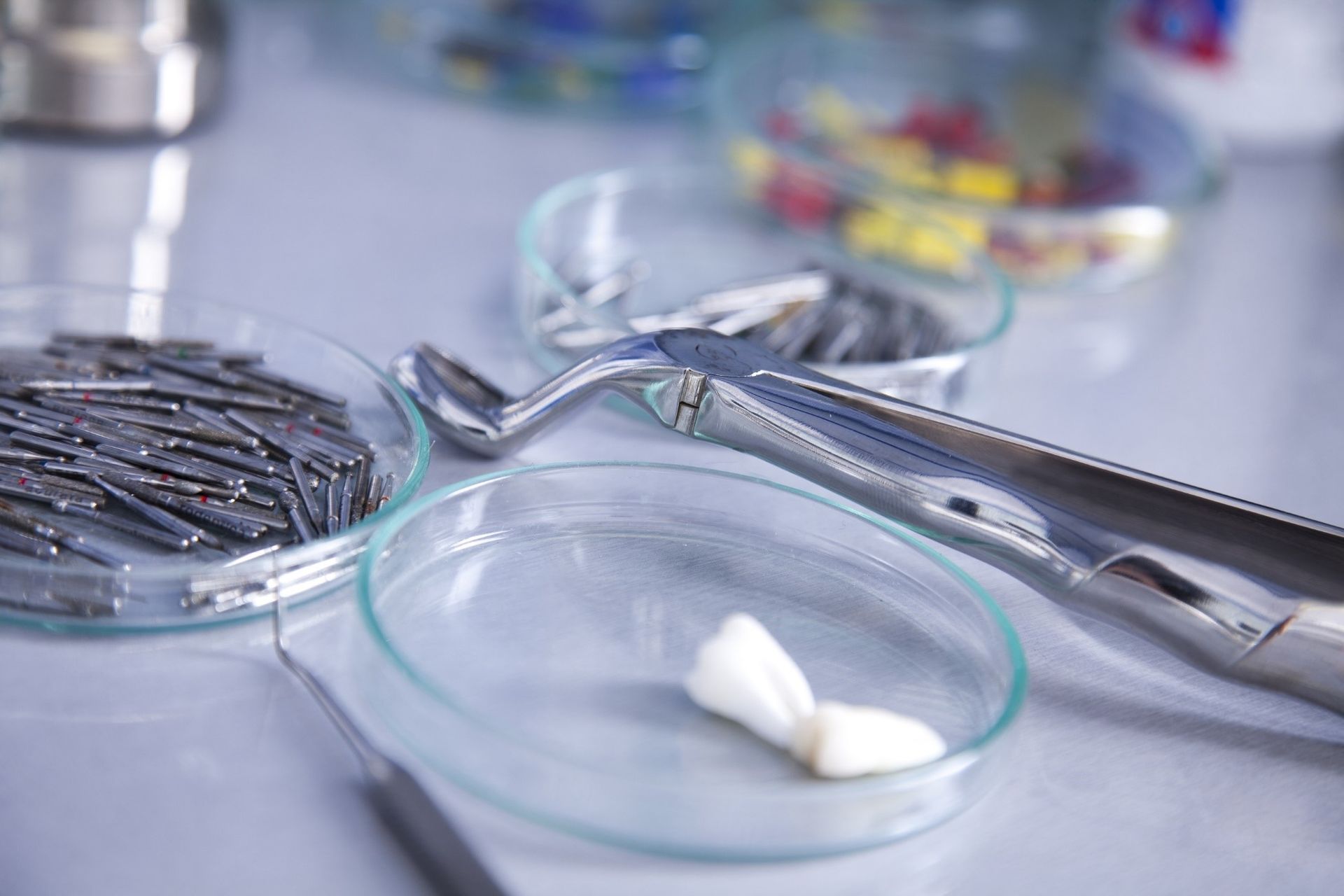How to Prepare for Your Dental Implant Procedure

Now that you have an appointment for your dental implant procedure, you must prepare for the surgery. Proper preparation can ease any doubts and anxieties that arise. Besides, adequate preparation will ensure quick healing after dental implants.
As you draw toward the day of surgery, here are helpful ways to prepare for the procedure.
1. Get a Dental Examination
During the dental examination, your dentist will conduct x-rays and several visual analyses. If there are any underlying dental problems, your dentist will treat these problems first. The dentist will also go through your medical history to find helpful information for the procedure.
For instance, the practitioner may use alternatives if your medical history reveals allergies to a particular drug. For medication such as blood thinners that may affect the surgery, the dentist can advise you to regulate their use.
The information gathered will help the dentist determine the best treatment for you. You can also ask your dentist any questions about the procedure during the dental examination. The answers will help reassure you of the surgery's success.
2. Prepare the Jaw
The dentist will examine your jaw and determine if it can hold the implant securely. A bone graft may be necessary if your dentist determines that your jaw has inadequate bone material. Therefore, you will need time after the bone graft to allow the area to heal before the implant surgery.
If your jawbone is too large, the dentist will remove some bone material. Any impacted teeth will also be removed. Once your jaw heals, you're ready for the surgery.
3. Increase Your Antibiotic Intake
Your dentist may recommend the use of antibiotics before the surgery. After the procedure, your dentist may prescribe immunosuppressant drugs. These drugs prevent the body from attacking the implants, leading to failure.
The antibiotics will act as a substitute immune system during this time. If you have a chronic medical condition, you must take antibiotics before and after the dental implant surgery.
4. Fast Before Surgery
If your dentist uses IV sedation, you'll need to avoid food and drinks for a few hours before the surgery. Your dentist will give you instructions concerning any food regulations. Ensure you stick to the recommendations for successful dental implant surgery.
5. Stop Smoking and Alcohol Intake
Smoking interferes with the sedative during treatment and affects your healing ability. Dentists usually advise that you quit smoking a few weeks before the dental implant surgery and be free of nicotine-based products.
Alcohol also interferes with sedation and can increase bleeding. Alcohol can disrupt your gums' healing process. So, avoid consuming alcohol a few days before the surgery.
6. Prepare for Recovery
Before the surgery, ensure that you have handled most things you need after the procedure. For instance, if the dentist uses IV sedation instead of local anesthesia, you won't drive yourself back home. As a result, ensure you have someone to wait for you during the dental implant surgery and take you home.
Your gums will be sore from the procedure, so you'll have some difficulty chewing hard foods. Therefore, ensure you stock up on soft foods before surgery. These include pasta, soups, smoothies, and shakes.
Furthermore, ask for a few days off of work. Avoid any hectic routines after the procedure. Use these days to rest and monitor your oral health. However, if you notice any abnormalities, you can quickly consult your dentist. Follow your dentist's post-operation guidelines for a quick recovery.
You'll get the best dental implant care at Calm Waters Dentistry to ensure a safe and successful procedure. Our dentists offer top-notch aftercare services for a faster recovery. Your oral health is our priority. Call us today or visit our website to book an appointment.








